On May 13, the Bureau of Industry and Security (BIS) of the U.S. Department of Commerce warned of the risks of using Huawei chips because their development and production "potentially" violate U.S. export controls. The Bureau threatened law enforcement, ranging from imprisonment to fines for violating companies.
This is the first time an official US government document has specifically named Huawei Ascend chips. Huawei has not commented on the guidance.
The Shenzhen-based company has always been secretive about its AI chips. Public information only comes from analysts who tear down the devices.
Huawei always keeps information about its self-developed chips confidential. Photo: Bloomberg
Huawei's importance in China's AI sector stems from its ability to manufacture advanced chips that compete with Nvidia in performance. This helps reduce reliance on imported AI chips for developing models like DeepSeek.
Earlier this month, Nvidia CEO Jensen Huang called Huawei “one of the world’s most formidable tech companies,” while also noting that China is “not lagging behind” in AI.
Previously, in its annual report to the U.S. Securities and Exchange Commission (SEC) in February, Nvidia listed Huawei as a competitor. This is the second consecutive year that Huawei has been included. Nvidia considers Huawei a competitor in four out of five categories, including chips, cloud services, computing processing, and networking products.
Experts believe that Washington's new guidance is essentially forcing global businesses to choose sides – the US or China. This will widen the technological gap between the world's two largest economies . Chim Lee, a senior analyst at the Economist Intelligence Unit (EIU), suggests it could be incorporated into ongoing trade negotiations.
Huawei introduced its first AI chip – the Ascend 910 – in 2019. Amidst escalating US sanctions, the company decided to cease officially releasing information about this chip series, including release dates, production schedules, and manufacturing technology. The chips named in the latest US restrictions – the Ascend 910C and 910D – have never been officially confirmed by the company.
According to some test results, the Huawei Ascend 910B chip achieved 80% of the Nvidia 100 chip's performance when training large language models, but in other tests, it may outperform by more than 20%. Huawei is reportedly looking to mass-produce the 910C chip, while a sample of the 910D has already been sent to customers for review.
Media reports also indicate that Huawei is preparing to mass-produce the new Ascend 920 chip later this year, using a 6nm process. Analysts believe it could replace the Nvidia H20, which has been banned from sale in China.
Huawei is aggressively building a "chip fortress" in China.
According to the Financial Times, Huawei is building state-of-the-art chip production lines as part of a network of semiconductor factories in Shenzhen, China. These factories demonstrate Huawei's ambition to become a leader in semiconductors, bolstering China's efforts in emerging technologies such as AI.
The three factories mentioned above are very close to the chip foundries of Pengxinwei (PXW) and Shenzhen Pensun (PST) – two companies that the US alleges are linked to Huawei. Sources indicate that Huawei has also invested in manufacturing plants in Shanghai, Ningbo, and Qingdao.
Satellite imagery obtained by the Financial Times shows that the factories in Guanlan, with their distinctive style, have expanded rapidly since construction began in 2022.
Dylan Patel, founder of chip consulting firm SemiAnalysis, noted that Huawei is making unprecedented efforts to develop every part of its domestic AI supply chain, from wafer fabrication equipment to model development. "We've never seen a company like this before," Dylan Patel said.
(According to MSN, FT)
China is integrating AI into schools, determined to compete with the US as a technological superpower. According to the new policy, Chinese students will need to be taught about AI for a minimum of eight hours per year. Lessons will be integrated into subjects like mathematics, science, and computer science, or taught as a standalone course, depending on each school's resources.
Source: https://vietnamnet.vn/cuoc-tran-ap-chua-tung-co-cua-my-loi-nhung-con-chip-huawei-ra-ngoai-anh-sang-2401303.html












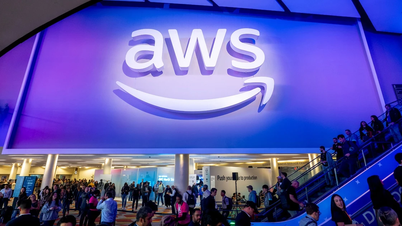







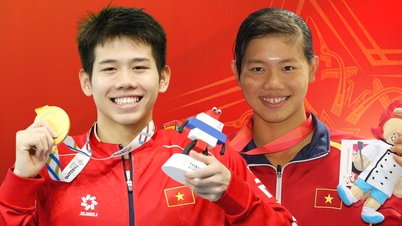

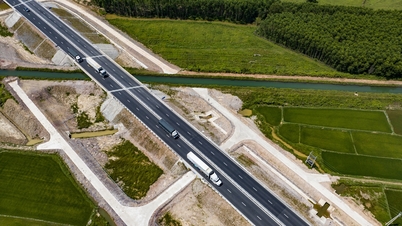

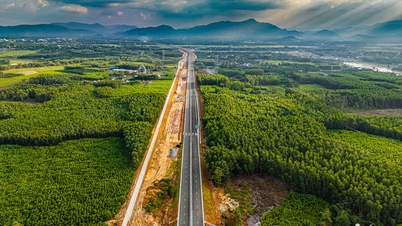


![[Image] Close-up of the newly discovered "sacred road" at My Son Sanctuary](/_next/image?url=https%3A%2F%2Fvphoto.vietnam.vn%2Fthumb%2F1200x675%2Fvietnam%2Fresource%2FIMAGE%2F2025%2F12%2F13%2F1765587881240_ndo_br_ms5-jpg.webp&w=3840&q=75)





























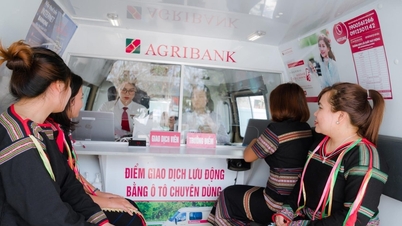

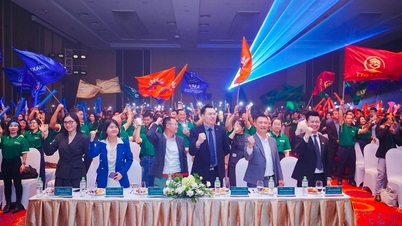








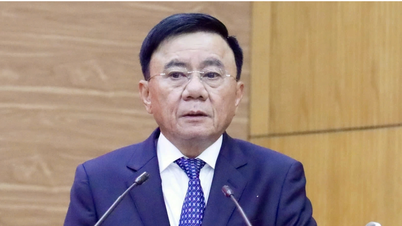

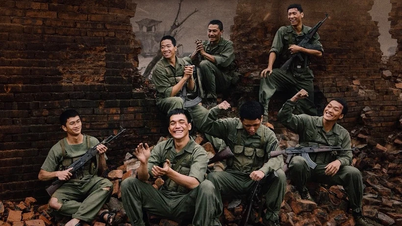
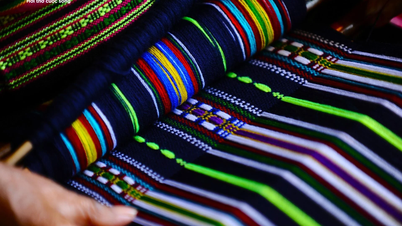




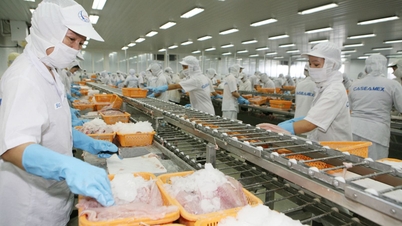
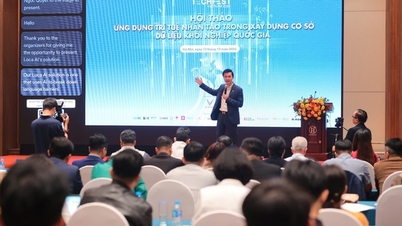

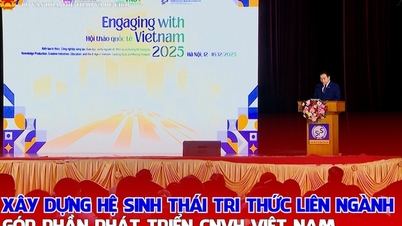

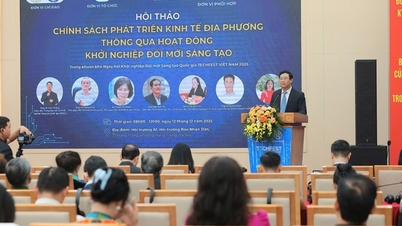

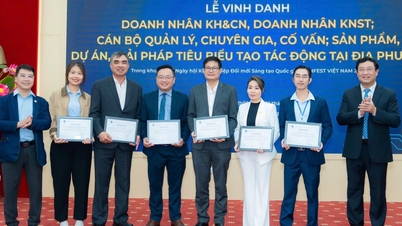


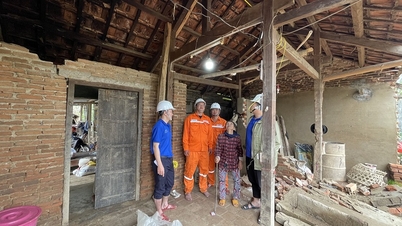
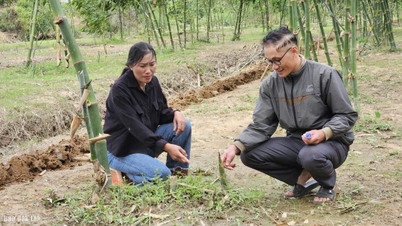
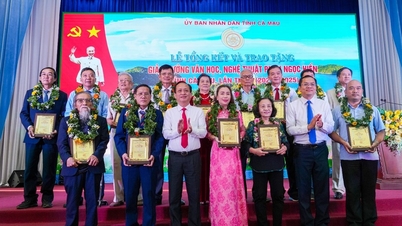
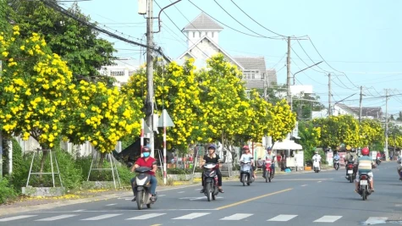















Comment (0)